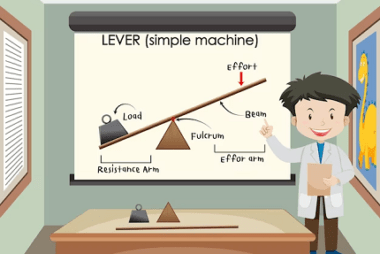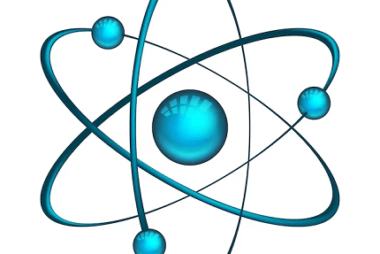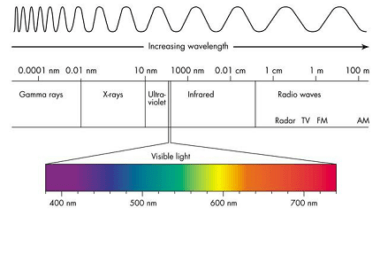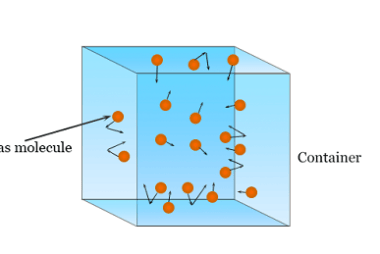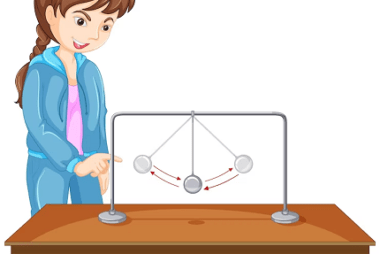Crash Course NEET PHYSICS SYLLABUS Electro Statistics
Electro Statistics These are the key topics related to electrostatics in the NEET physics syllabus. Make sure to practice numerical problems and understand the concepts thoroughly to perform well in the exam. What is Required NEET PHYSICS SYLLABUS Electro Statistics The electrostatics portion of the NEET physics syllabus typically includes the following topics: These are…



